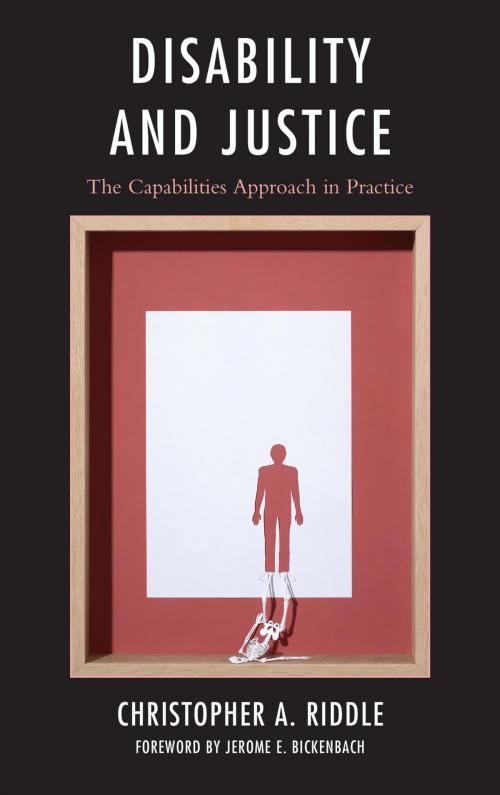Disability and Justice
The Capabilities Approach in Practice
Nonfiction, Social & Cultural Studies, Social Science, Disability, Religion & Spirituality, Philosophy, Ethics & Moral Philosophy, Political Science, Politics, History & Theory| Author: | Christopher A. Riddle | ISBN: | 9780739178034 |
| Publisher: | Lexington Books | Publication: | March 14, 2014 |
| Imprint: | Lexington Books | Language: | English |
| Author: | Christopher A. Riddle |
| ISBN: | 9780739178034 |
| Publisher: | Lexington Books |
| Publication: | March 14, 2014 |
| Imprint: | Lexington Books |
| Language: | English |
Disability & Justice: The Capabilities Approach in Practice examines the capabilities approach and how, as a matter of justice, the experience of disability is accounted for. It suggests that the capabilities approach is first, unable to properly diagnose both those who are in need as well as the extent to which assistance is required. Furthermore, it is suggested that counterfactually, if this approach to justice were capable of assessing need, that it would fail to be as stigma-sensitive as other approaches of justice. That is to say, the capabilities approach would have the possibility of further stigmatizing those requiring accommodation. Finally, Disability & Justice argues that health and the absence of disability belong in a category of functionings that are of special moral importance—a fact the Capabilities Approach fails to recognize.
Disability & Justice: The Capabilities Approach in Practice examines the capabilities approach and how, as a matter of justice, the experience of disability is accounted for. It suggests that the capabilities approach is first, unable to properly diagnose both those who are in need as well as the extent to which assistance is required. Furthermore, it is suggested that counterfactually, if this approach to justice were capable of assessing need, that it would fail to be as stigma-sensitive as other approaches of justice. That is to say, the capabilities approach would have the possibility of further stigmatizing those requiring accommodation. Finally, Disability & Justice argues that health and the absence of disability belong in a category of functionings that are of special moral importance—a fact the Capabilities Approach fails to recognize.















